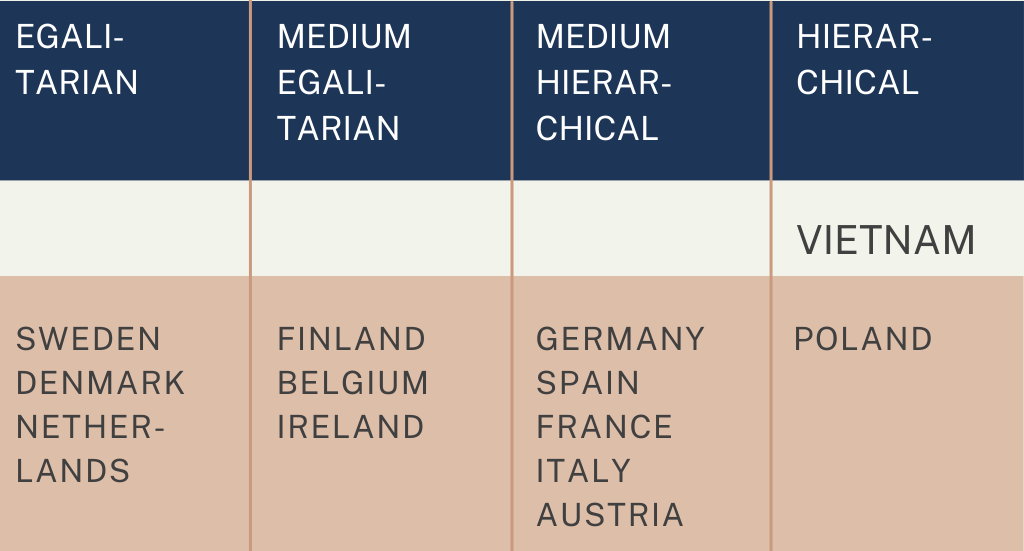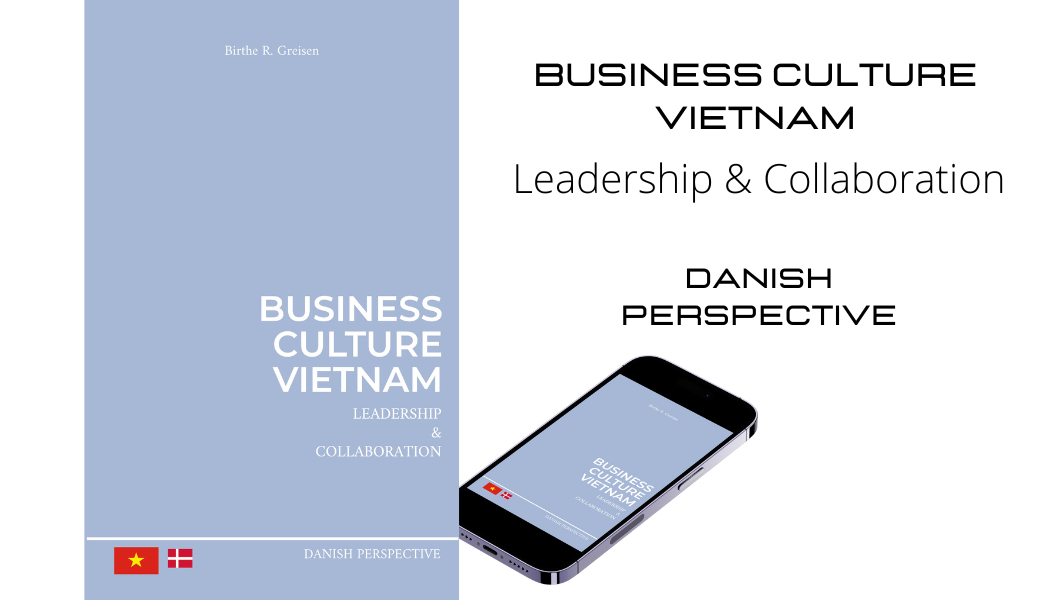VIETNAM
LEADERSHIP AND COLLABORATION
16. Januar 2024, Birthe Ravn Greisen
EXPLORING THE ATTRACTIVENESS OF OFFSHORING TO VIETNAM: LEVERAGING CULTURAL DIFFERENCES FOR SUCCESS.
Offshoring has become a strategic move for European companies seeking competitive advantages in a globalized market. Among the diverse options, Vietnam emerges as an increasingly popular destination, offering both cost-effectiveness and a variety of benefits for European organizations.
Vietnamese Growth Forecast
With a growth forecast of 5,8 percent in 2023 Vietnam remains the fastest-growing country in Southeast Asia. The country did not experience the same growth-inflation trade-off as many other economies last year, and its robust growth occurred alongside a modest 3.4 percent inflation.
An important component of the economy’s strong performance in 2023 was a decrease in the unemployment rate to 2.1 percent in 2023, providing a boost to consumer spending.
Vietnamese Labor Market
A consequence of the low unemployment rate is a highly competitive Vietnamese labor market, and attracting and retaining skilled talent remains a challenge. To attract and keep top talent, you must invest in an interesting and motivating work environment.
Cultural Nuances
For European companies to fully benefit from offshoring to Vietnam it is crucial to understand the significance of cultural nuances in leadership styles and how to build a positive work culture leading to collaboration, productivity, creativity, and innovation.
Young people in Vietnam are strongly influenced by international culture. This is also reflected in their approach to work. So, in the dynamic and diverse Vietnamese work environment, you’ll meet a wide variety of cultural thumbprints which adds to the complexity.
However, to navigate effectively in this complexity an awareness and understanding of the underlying tendencies in traditional Vietnamese culture is crucial.
There are no “best cultures”. Cultures are different and, although having the same intentions, people from different cultures might view concepts from different angles and perspectives. A road to building common grounds for cross-cultural collaboration and high-performing teams is to find similarities and build trust, being aware of your cultural lens and that of your team members.
Vietnamese Leadership Style
Compared to most European Countries the preferred leadership style in Vietnam is very hierarchical, characterized by high power distance and deference to authority.
VIETNAM COMPARED TO EUROPEAN COUNTRIES ON LEADERSHIP
In Vietnam, as a leader, it is your responsibility to give clear instructions about the work to be done. The strict hierarchical leadership style implies that you, as a leader, approve and have full responsibility. Instructions must be direct, specific, and detailed.
As an employee, your job is to pay close attention and follow instructions and decisions. Direct management is preferred and communication follows hierarchical lines. You do not skip organizational levels.
Employees are not supposed to openly challenge their leader. To maintain harmony and save face you give feedback in private.
Hierarchy and unequal relationships should be observed and respected, as a way of preserving harmony and stability.
You will often find that traditional cultural values are more dominant in the North of Vietnam than in the South. The dominance of hierarchical leadership may also vary according to organizational level and industry.
Motivation
What should also be noticed is that a strong motivating factor for Vietnamese employees is the possibility of contributing ideas and opinions on the job.
Good leadership focuses significantly on a good relationship between superiors and employees as well as individual recognition. Paying significant attention to employee motivation, training, and development is extremely important.
To be an effective leader you have to balance skills and relationships.
But never forget to be the boss.
This is a framework of tendencies in Vietnamese culture. Of course, you must always consider the context of your specific situation. When analyzing your context include individual differences, company and industry norms, regional cultural norms, and your personal and company goals. The extent to which cultural differences matter depends on your specific context.
Remember, we don’t deal with cultures,
we deal with individuals.
Birthe Ravn Greisen
Cross-cultural trainer, MSc in Economics and Business Administration, Author





